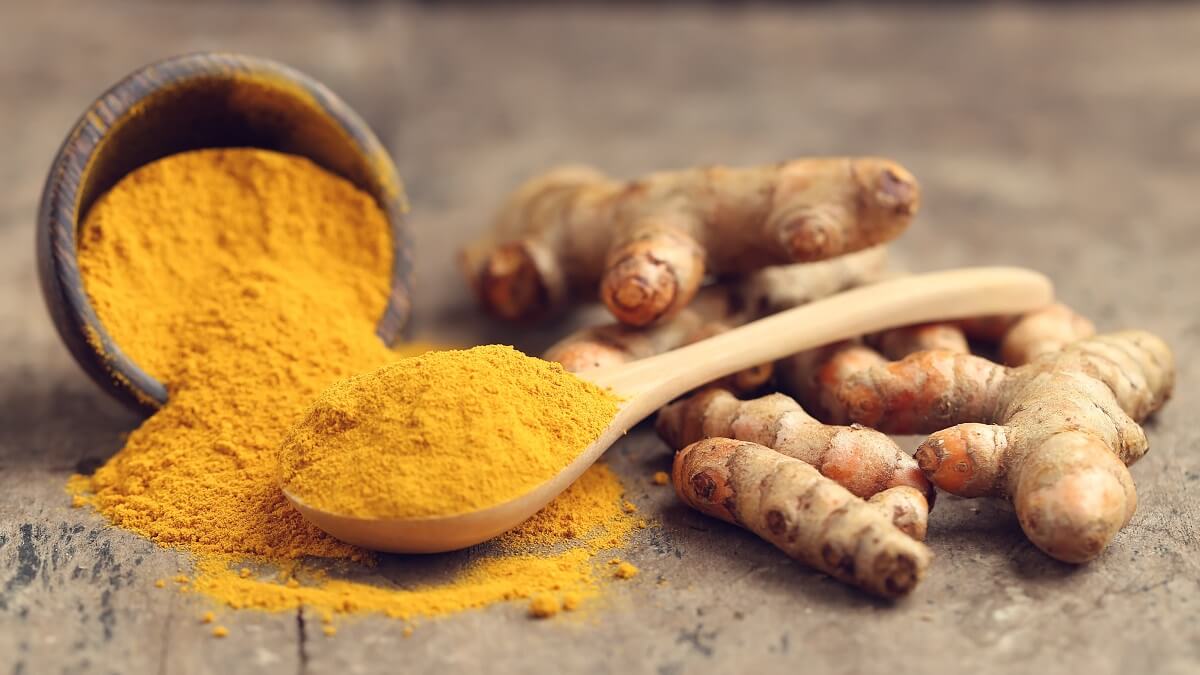When it comes to the medical benefits of herbs and spices, few, if any, have attracted as much attention as turmeric. But can turmeric really improve your health as much as what is widely touted?
Thousands of articles have been published in recent years discussing turmeric’s purported benefits. And the research goes on.
The Arthritis Foundation in the US says studies show turmeric can prevent joint inflammation but is less likely to reduce joint inflammation. That may seem a subtle difference, but in medical issues, timing can be everything.
More recent research revealed that turmeric may help relieve the symptoms of osteoarthritis. The study authors found that around 1000–2000mg daily dose of curcumin – the biologically active polyphenolic compound found in turmeric – has strong antioxidative and anti-inflammatory effects.
The authors believe that, while this is a promising treatment option over other inflammation- and pain-management pharmaceuticals, which often come with a host of unwanted side-effects, it won’t prevent the disease altogether.
“Further research is needed to determine the preventive role of curcumin in the pathogenesis of OA, the effects of long-term usage of curcumin in preventive purposes and treatment of osteoarthritis, as well as to determine optimal therapeutic dosages,” they say.
The health benefits of turmeric go way, way back
Before investigating whether to take turmeric now or later, let’s look at its long and distinguished history.
Turmeric’s medical benefits were first recorded nearly 4000 years ago in south-east Asia where it was being used in cooking and in religious ceremonies – largely because of its vibrant yellow colour.
It’s related to the ginger family and grows to a metre tall with long, oblong leaves. The rhizomes under the soil can be used fresh or dried to produce a yellow powder. The leaves are commonly used in some cultures to wrap and cook fish. And turmeric tea and coffee are common drinks.
What makes turmeric a wonder spice?
The active compound in turmeric is curcumin, which makes up between 2 and 6 per cent of turmeric.
Curcumin, and turmeric for that matter, in heavy dosages needs to be closely monitored. People on blood-thinning tablets may experience stomach issues, while pregnant women or patients about to undergo surgery should avoid it, health professionals say.
So what do we know about turmeric’s benefits?
Healthline says turmeric may well be the most effective nutritional supplement in existence and cites 10 evidence-based benefits. These include:
- powerful anti-inflammatory effects
- a strong antioxidant
- linked to improved brain function
- lowers the risk of heart disease
- helps prevent, and even treat, cancer
- useful in preventing and treating Alzheimer’s disease
- helps reduce pain from arthritis
- can help fight depression
- helps fight age-related conditions
- reduces blood pressure.
According to Live Science an experiment involving rats showed that curcumin can ease joint swelling from rheumatoid arthritis. Researchers gave rats turmeric extracts before and after inducing rheumatoid arthritis in the animals. Some extracts contained only curcuminoids, the family of chemicals that include curcumin, while other extracts contained curcuminoids and other compounds.
The study, published in the Journal of Natural Products, found that pure curcuminoid extracts were more effective in treating rheumatoid arthritis symptoms, and that curcuminoids worked better in preventing new joint swelling than in treating existing swelling.
How much should you take to benefit from turmeric?
Recommended daily dosages range between 500 to 1000 milligrams of curcuminoids. If you’re restricting yourself to turmeric tablets, and not curcumin supplements, then simply follow the directions on the bottle or discuss with a health professional.
Add fresh or powdered turmeric to your curries. Turmeric is a standard spice in Indian food. Add turmeric powder to smoothies. Many a café also offer turmeric lattes.
You should note that very little extensive research has been conducted on the long-term effects.
Do you take turmeric or curcumin supplements? For what reason? Why not share your thoughts in the comments section below?
Also read: Common foods reduce cancer risk
Disclaimer: This article contains general information about health issues and is not advice. For health advice, consult your medical practitioner.


I have taken Turmeric and or Curcuma (the active ingredient) for many years, at least 20.
I find that it is effective in preventing any joint issues (I have none) and in anti-aging generally. Perhaps the anti-inflammatory qualities of this age old supplement work to aid to this effect. I am 81 but people tell me I look like I’m in my 60’s. But I do some moderate exercise daily too, and think that the two things combine to slow down the effects of aging.
Turmeric can be hepatotoxic (cause liver damage) in some individuals- possibly based on a genetic predisposition. Carefully monitoring for signs and symptoms of liver damage or other harms is important.
I started using turmeric several years ago after a cancer scare. At a subsequent visit my GP said my PSA had fallen remarkably, could I explain it? On telling him about the turmeric he laughed. However at a later visit he told me that as a result of my experience he had been researching turmeric and believed “I had hit on something”. Many years later my PSA has maintained that low level.
I am 76, take a half teaspoon of tumeric powder with pepper in a diluted juice for lunch.
Have done this for years and have no arthritis. I also cycle about 100km per week.